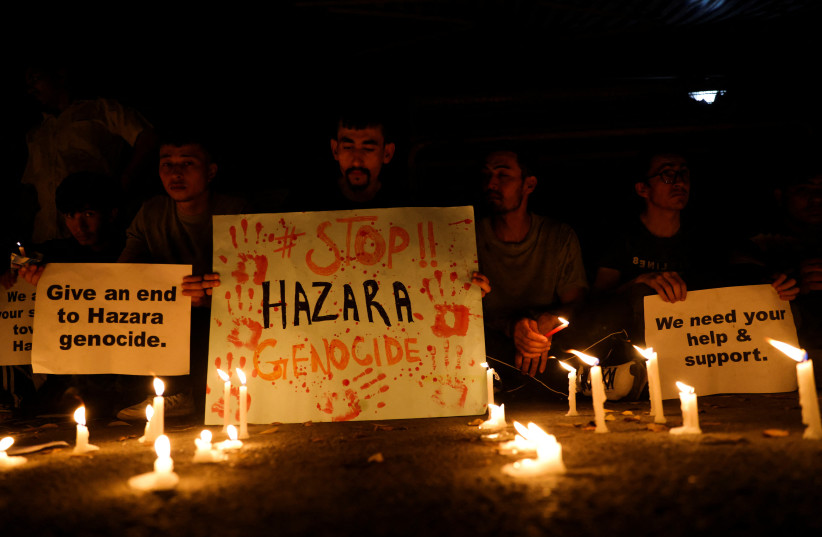Women from outside the European Union at risk of "honor" crimes, forced marriages or domestic violence in their country of origin may be granted refugee status, a top adviser to the European Court of Justice (ECJ) said on Thursday.
An advocate general to the ECJ made the remarks in a case brought by a court in Bulgaria, unsure whether to grant refugee status to a divorced Kurdish woman who said she had risked violence should she be returned to her home country Turkey.
The woman was forcibly married and, after numerous episodes of domestic violence and threats by her husband and other family members, she fled home and ultimately went to EU member Bulgaria, the ECJ said in a statement.
Protecting women exposed to violence
International protection as a refugee can be granted to persons who are exposed to risks of violence because they are members of a "particular social group" and women, due to their gender, can be regarded as such a group under EU law, the advocate general in the case, Richard de la Tour, said.
Bulgarian authorities therefore must carefully assess whether there is a direct link between the risks the woman faces in Turkey and her gender, the advocate general added.

Such opinions are not binding but the ECJ usually follows them when handing down the final verdict several weeks later.
